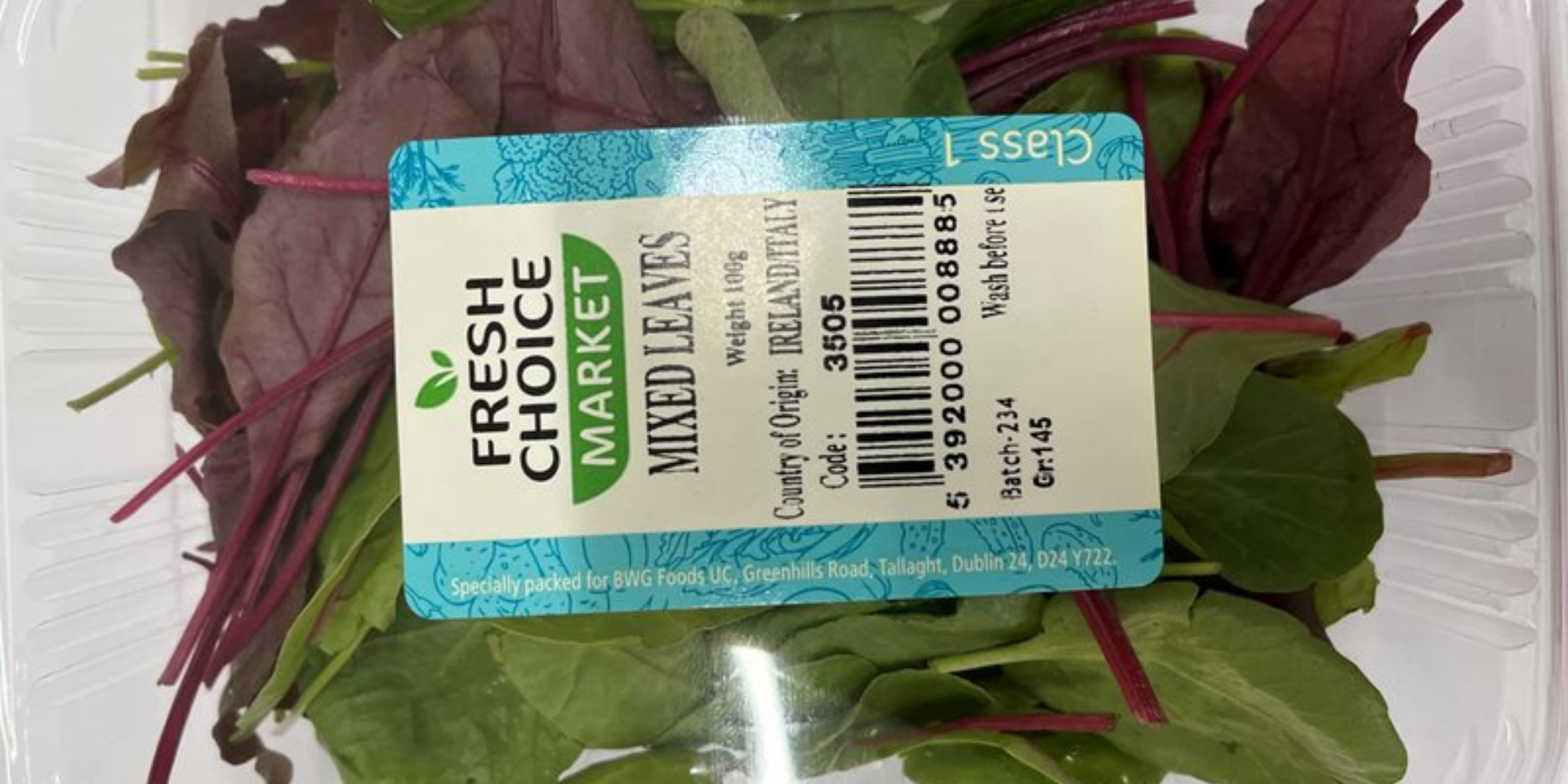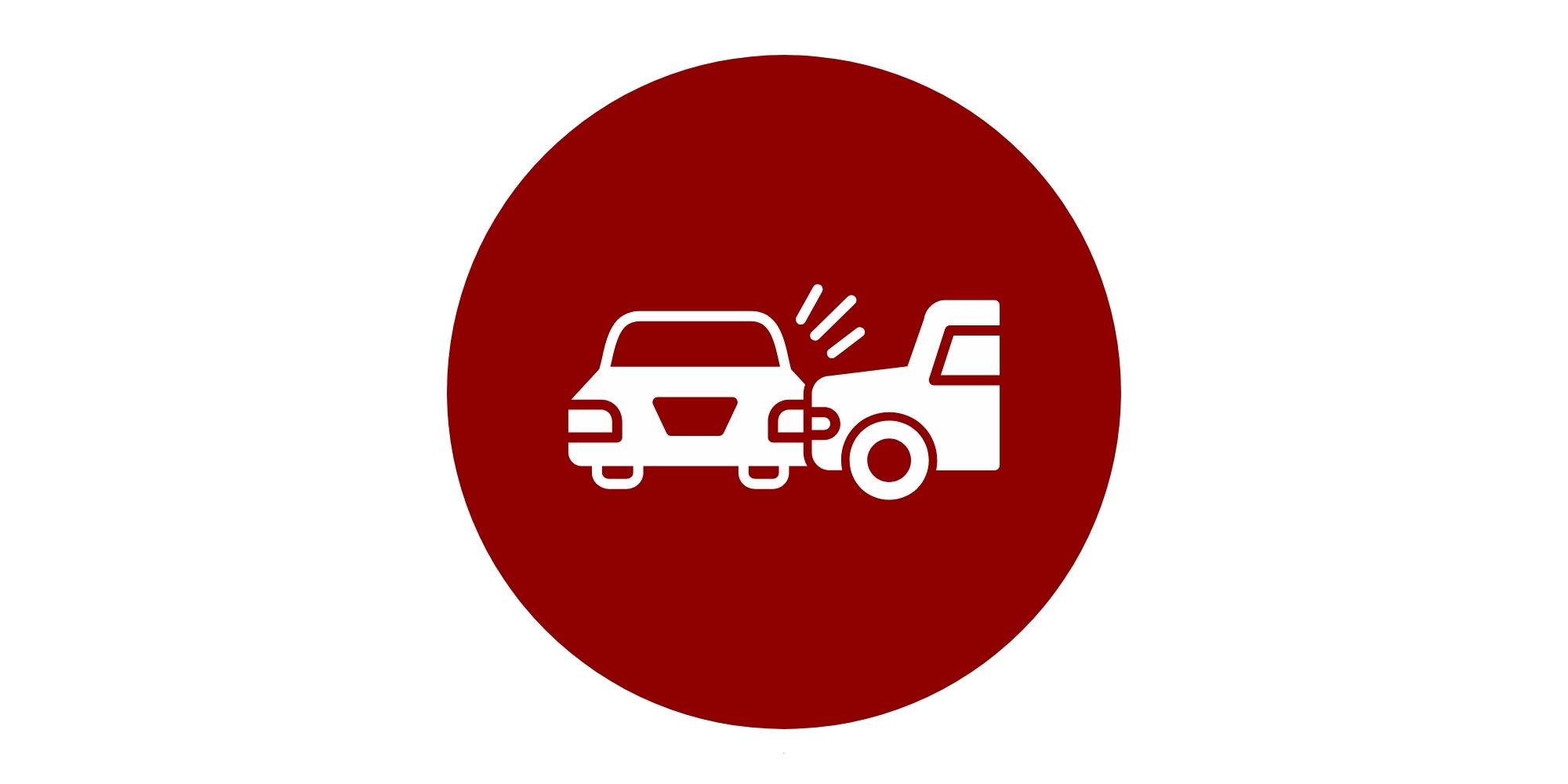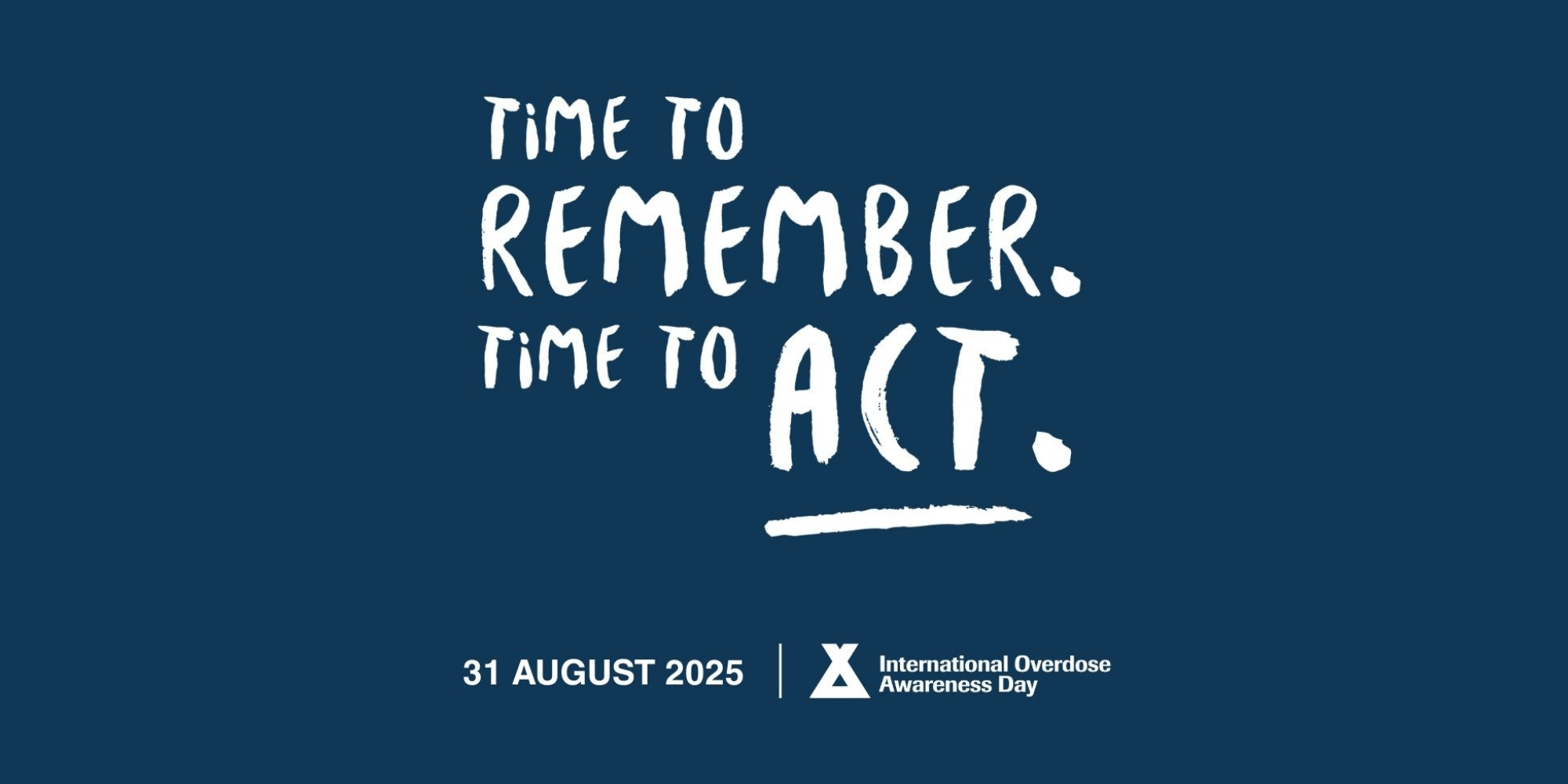Watchdog Bodies Join Forces to Tackle Hidden Social Media Advertising
New rules crack down on sneaky influencer ads: CCPC and ASA team up to protect consumers from hidden advertising on social media.

- Consumer protection agencies sign landmark agreement to strengthen oversight of influencer marketing, giving regulators new powers to investigate misleading posts.
The Competition and Consumer Protection Commission (CCPC) has signed a groundbreaking data-sharing agreement with the Advertising Standards Authority (ASA) today, marking a significant step in the battle against hidden advertising on social media platforms.
The agreement enables the ASA to share public complaints about suspected breaches directly with the CCPC, streamlining the process of investigating influencers who fail to properly disclose commercial content or mislead consumers.
Under current consumer protection law, social media influencers must clearly label any posts that are commercial in nature. Even properly labelled posts can breach regulations if the content itself is false or misleading.
The new arrangement gives the CCPC enhanced access to reports from the public, allowing for more efficient investigation and enforcement action against influencers who flout the rules.
Patrick Kenny, commission member at the CCPC, said:
"Consumer law protects consumers when engaging with the commercial content posted by online influencers. Commercial content from influencers must be clearly labelled as such and must also not be misleading. With the ASA, we have produced guidance for influencers to help them follow the law. This year we issued our first compliance notices against two prominent influencers. We continue to monitor this sector closely and will act where we see breaches here."
He added: "The new data-sharing agreement allows the ASA to share reports from the public and will support us in protecting consumers when it comes to social media advertising."
The CCPC possesses a range of enforcement tools, including compliance notices, fixed payment notices, undertakings, prohibition orders and prosecution powers.
Orla Twomey, chief executive of the ASA, said:
"We are delighted to formalise this data-sharing agreement, which marks a significant step towards enhancing regulatory outcomes for consumers in Ireland, ensuring a strong, responsive and resilient framework for the future. Social media advertising has been a key area of our focus, and this agreement is a further strengthening of cooperation between ASA and CCPC."
The move follows the publication of comprehensive guidelines for influencers last October, developed after extensive research including eye-tracking technology experiments and surveys of 500 social media users.
The guidelines address paid promotions, items 'gifted' by brands or PR agencies, and the advertising of influencers' own products and services.
Cork social media users, who follow everyone from local food bloggers to fitness influencers, can report suspected false or misleading advertising directly to the CCPC if they spot content that seems dodgy.
The agreement represents a significant tightening of oversight in the rapidly growing influencer marketing sector, where the lines between genuine recommendations and paid promotions have often been blurred.
Anyone concerned about suspected false or misleading advertising can contact the CCPC directly through their official channels.



